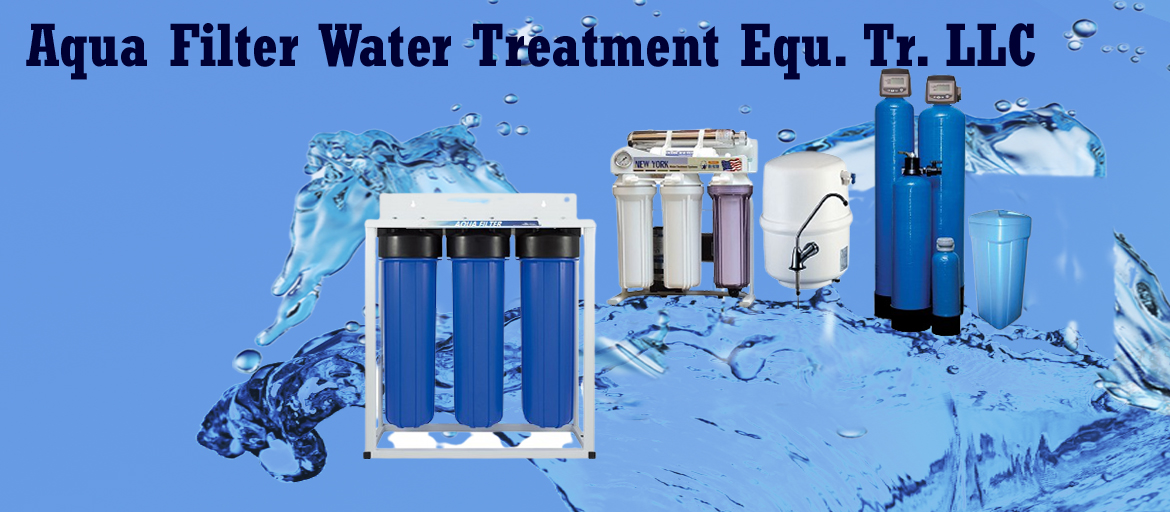views
When we turn on the tap at home, most of us don’t think twice about the water that flows out. It looks clear, it’s often cold and refreshing—but is it really safe? The truth is, even municipally treated water can contain hidden contaminants that may affect your health, home, and peace of mind. That’s where a whole home water filtration system comes in.
If you've ever questioned what's really in your water or wondered if a filtration system is worth the investment, this guide is for you.

What’s Really in Your Tap Water?
Municipal water treatment does a good job of removing many harmful substances, but it doesn’t catch everything. And in some areas—especially older neighborhoods or places with aging infrastructure—the water may travel through miles of old pipes before it ever reaches your faucet. Along the way, it can pick up a variety of unwanted substances, including:
Chlorine and Chloramine
These disinfectants are added to kill bacteria, but they can leave behind a strong taste and smell. In some cases, they may also react with organic matter in the water and form potentially harmful byproducts.
Lead and Heavy Metals
Lead contamination usually comes from old pipes and fixtures. It’s especially dangerous for children and pregnant women. Other heavy metals like mercury or arsenic can also be present, depending on your local water source.
Pesticides and Industrial Chemicals
Runoff from farms, factories, and landfills can introduce harmful chemicals into groundwater and rivers. These substances may not always be completely filtered out during standard treatment.
Microorganisms
Although rare in treated municipal systems, bacteria, viruses, and parasites can still make their way into water supplies—especially during natural disasters or pipe breaks.
Sediment and Rust
Dirt, sand, and rust particles may not pose immediate health risks, but they can damage appliances, clog plumbing, and give your water an unpleasant look or taste.
Why Whole Home Water Filtration Is a Game-Changer
While countertop and under-sink filters can improve your drinking water, they only handle one faucet at a time. A whole home water filtration system treats all the water entering your house—from the kitchen sink to the shower to the washing machine.
Here’s how that makes a difference:
Consistent Protection
A whole home system ensures that every drop of water you use is filtered, whether you're brushing your teeth, filling a pot, or taking a shower. This broad protection is especially important if you have concerns about skin sensitivities, allergies, or immune system health.
Better Bathing and Cleaning
Unfiltered tap water can be harsh on your skin and hair, especially if it’s loaded with chlorine or minerals. A filtration system can leave you with softer water that’s gentler on your body and more effective at rinsing soap and shampoo.
Appliance Longevity
Sediment and minerals in hard water can wear down your appliances over time. A whole home filter helps protect your water heater, dishwasher, laundry machines, and plumbing system—potentially saving you thousands in maintenance and repair costs.
Peace of Mind
Perhaps the biggest benefit is simply knowing that your entire household is using cleaner, safer water every day. Whether you’re making coffee or giving your baby a bath, you can feel confident about what’s in (and not in) your water.
How Whole Home Systems Work
Most whole home water filtration systems are installed at the point where water enters your house. From there, they treat the water as it flows to every faucet and appliance. Depending on the model and configuration, these systems might include:
- Sediment pre-filters to remove dirt, rust, and large particles
- Activated carbon filters to eliminate chlorine, VOCs, and unpleasant odors
- Water softeners to reduce hardness caused by calcium and magnesium
- UV purification to destroy bacteria and viruses (a must-have for well water users)
Some systems are modular, meaning you can customize them to match your water quality needs. That’s why water testing is an important first step before choosing the right system.
Making the Investment
Installing a whole home water filtration system isn’t just a lifestyle upgrade—it’s a smart investment in your property and your well-being. While upfront costs vary depending on the system’s complexity, many homeowners find the long-term benefits more than justify the expense.
Not only can you reduce your reliance on bottled water and costly repairs, but you also create a healthier living environment for your entire family.
Final Thoughts
Tap water may look clean, but what’s hidden beneath the surface could surprise you. A whole home water filtration system offers a comprehensive solution that delivers cleaner, safer water to every corner of your house. From protecting your health to extending the life of your appliances, it's a powerful step toward a healthier, more sustainable home.
If you've never tested your home's water quality, now's a great time to start. What you learn might just be the push you need to make one of the most worthwhile upgrades a homeowner can make.










